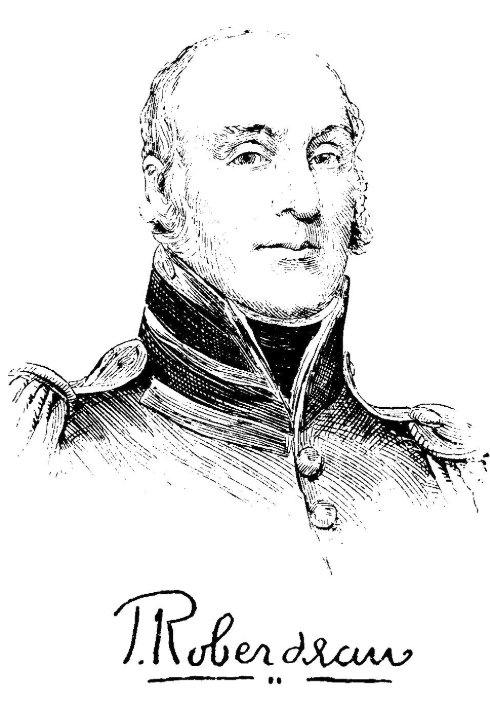William Clingan Navigates Pennsylvania's Internal Politics
William Clingan was a signer of the Articles of Confederation.
Not much information survives about him, but I was able to discover some letters discussing some of his exploits during his time in the Continental Congress before he signed the Articles.
I have recounted these events chronologically. I hope the shift between events is not too abrupt. Please let me know what you think in the comments.
William Clingan
Information on the early life of William Clingan is extremely hard to come by.
We do know that he was a lawyer and became a county judge in Pennsylvania during the years leading up to the American Revolution.
By 1777, Clingan had earned enough of a reputation within his community and with the Revolutionary leadership to be selected for the Continental Congress.
Foreign Policy
Soon after his arrival, Clingan participated in the selection of a Minister to Great Britain.
William supported the same choice as the majority of the delegates: John Adams.
Foreign policy would become one of the most divisive issues during the early years of Independence. This vote indicates the type of unquestionable Patriots Clingan wanted to oversee American interests overseas.
The Case of Daniel Batwell
In Congress, Clingan established a close working relationship with fellow Pennsylvania delegate Daniel Roberdeau.
Together, the two men went to investigate the imprisonment of Daniel Batwell.
Batwell, a Minister, had been taken into custody by local Patriots because they found his lack of involvement in the Revolution suspect. He wrote to Congress claiming he was unwell, asking to be released.
Clingan and Roberdeau went to the jail and verified Batwell’s claim. They thought his request was justified but referred the case to the State of Pennsylvania, believing since all the actions took place within the State it was out of the jurisdiction of the Continental Congress.
This emphasizes the belief at the time that more control should rest in the hands of the State than the Confederation
Internal Struggles
Later that year, Ben Franklin appointed his grandson (William Temple Franklin) as his secretary.
This was approved by all the States in Congress except one: Pennsylvania.
Both Clingan and Roberdeau voted against this. Their reason was, although Ben was an ardent Patriot, his son William was a Loyalist and Royal Governor of New Jersey.
The appointee had a grandfather working for the United States, but a father working for Great Britain. How could he be trusted to work in America's best interest with such divisive politics in his family's history?
It is interesting to view the political divides, not only within the Continental Congress, but within individual states as well.
The Articles of Confederation
Before retiring from Congress, William Clingan inked his name into the American Founding.
Literally.
Clingan signed the Articles of Confederation, the first government of the United States of America.
He soon left Congress and disappeared into the footnotes of history.
William Clingan is fascinating because, although he signed one of the most important documents in American history, so little information is available about him.
If you would like to learn more about the Founding Fathers, and receive a new article every day, please remember to subscribe to our email list.
If you'd like to learn more about the Articles of Confederation, check out 'We Have Not A Government.' Any purchases through this site go to our affiliate Amazon.






